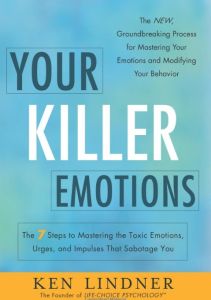
Your Killer Emotions
The 7 Steps to Mastering the Toxic Emotions, Urges, and Impulses That Sabotage You
Recommendation
Has an emotional reaction ever clouded your judgment and prevented you from achieving your goals? Strong feelings can derail your ability to make important decisions. Even when you know better, your emotions, rather than your intelligence, can drive your actions, leading to self-sabotaging behavior. Executive coach Ken Lindner illustrates his theories about emotional control with several anecdotes in which people make common mistakes and act emotionally instead of thoughtfully. He advises creating a list of your tangible and intangible objectives and using it to build self-awareness and to make intelligent, positive choices. His text is repetitive, but it is also easy to follow and quite motivational. Lindner lays out a useful plan for recognizing and breaking problematic behavior patterns. He teaches concrete skills such as framing and visualizing past, present and future events (though he coins a silly word – “frisualizing” – to pat his metaphor into place). getAbstract recommends his manual to managers and to those who wonder if their emotions have hampered their careers or harmed their relationships.
Summary
About the Author
Ken Lindner is an executive coach with 30 years of experience. He wrote Crunch Time: 8 Steps to Making the Right Life Decisions at the Right Times.








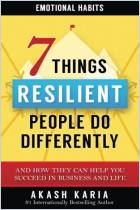
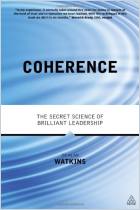
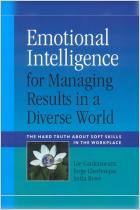
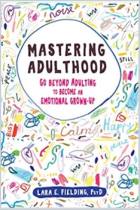
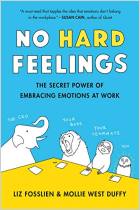
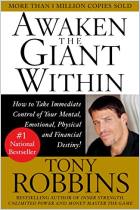




Comment on this summary